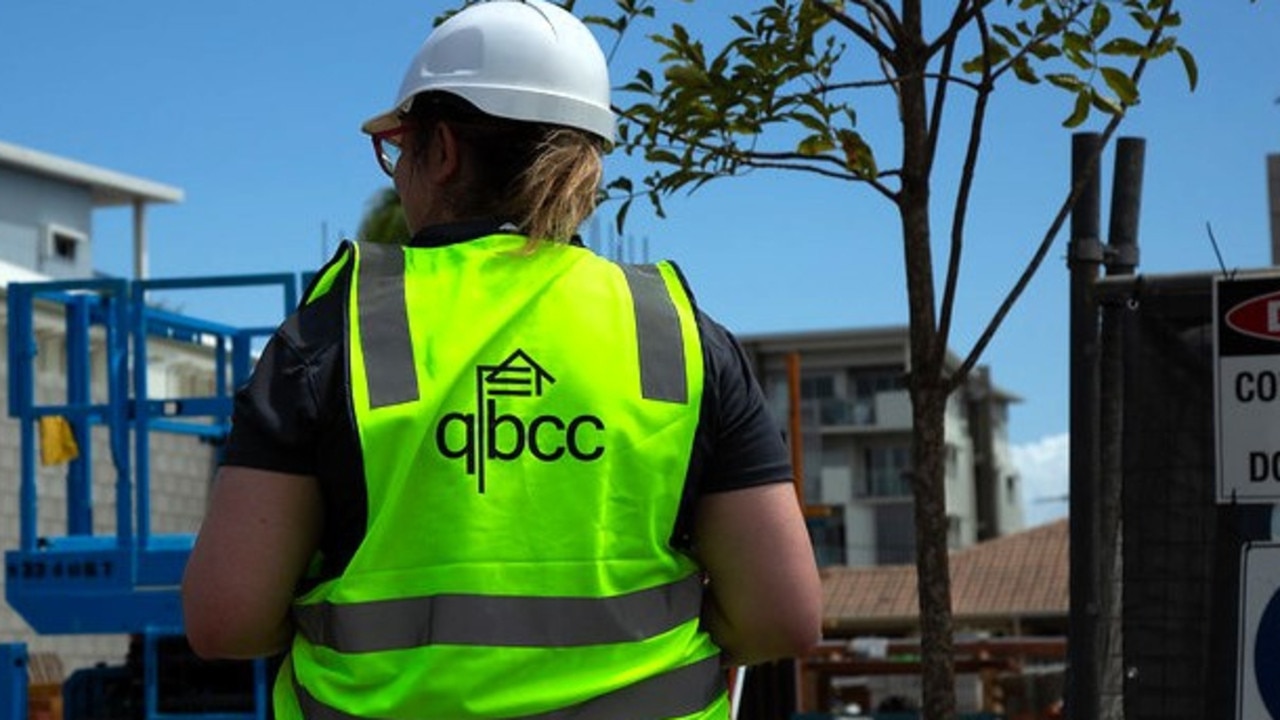‘Little sense’: NBN’s satellite play baffles telcos as price rises buoy earnings
NBN Co is exploring launching a low Earth orbit satellite service similar to Elon Musk’s Starlink – but others say it's a waste of taxpayers’ money.
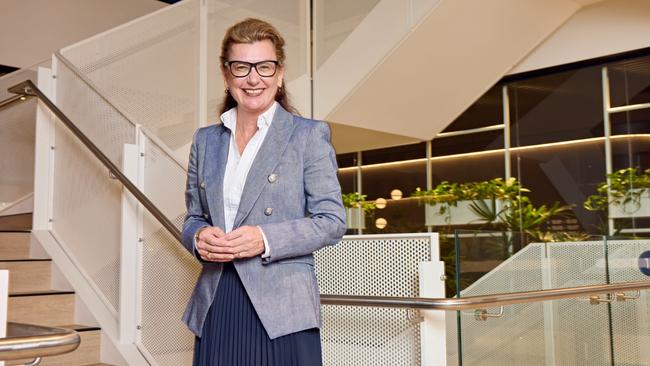
NBN Co says it is exploring launching a low Earth orbit satellite service like Elon Musk’s Starlink after a cratering of sales of its decade-old Sky Muster offering.
But rival telco TPG has questioned why NBN Co is entering the LEO satellite market given commercial operators have struck their own deals with Mr Musk and other providers to cover remote parts of Australia.
“Part of NBN’s purpose was to launch a rural broadband service because no other commercial operator would. With commercial operators doing their own deals with LEO sat providers, this no longer holds true,” a TPG spokesman said.
“Unless NBN can deliver broadband services in rural areas at considerably lower prices than commercial operators, it makes little sense spending taxpayer funds creating middlemen wholesalers.”
Anthony Albanese is injecting an extra $3bn into NBN Co to upgrade homes on the “outdated” copper network and ensure all Australians have access to “fast, reliable and affordable broadband”.
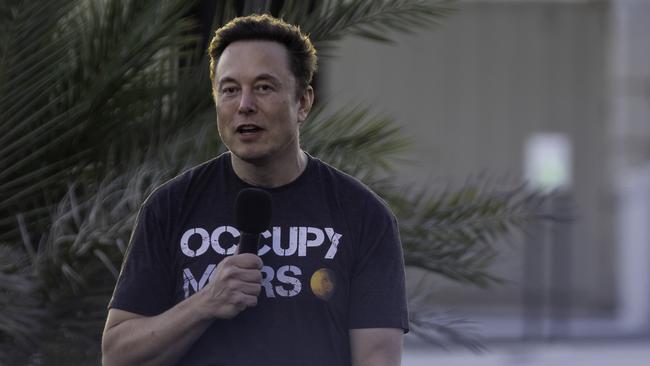
NBN’s new chief executive Ellie Sweeney – who succeeded Stephen Rue after he left to take the helm at Optus last year – said fibre speeds were about five times faster than LEO satellite services.
But she said NBN Co was “well progressed” on a request for information to develop a wholesale LEO service before Sky Muster’s satellites are decommissioned early next decade.
Sky Muster uses geostationary satellites, which are generally much slower than LEO satellites, leading to some customers “pulling their hair out” over the poor service, according to the federal opposition.
Asked why the NBN was entering a market well serviced by commercial operators, Ms Sweeney said the government telco needed to ensure that it could continue to serve its current customer base.
“We’re a statutory infrastructure provider, so we need to be able to provide customers who are currently served today by GEO with an alternative and the logically next step is LEO,” she said.
“To give you some context, we have 83,000 customers on GEO satellite today.
“I don’t think it’s a frustration. It’s a good challenge for us to work through how we can provide LEO sat as part of that statutory obligation.”
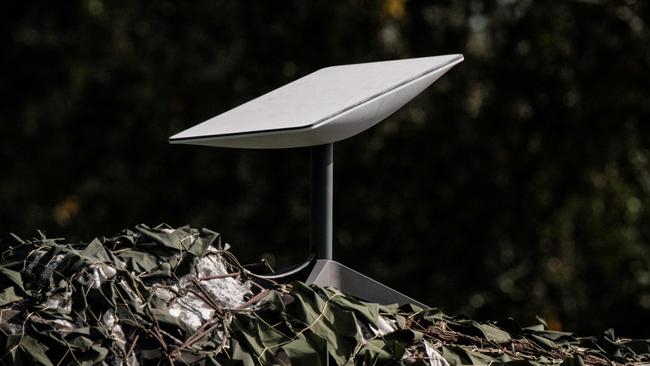
Sky Muster sales have been falling. The number of customers dived by 21,000, almost 20 per cent, in the first quarter of 2024.
Ms Sweeney said like current NBN plans, which are sold through retailers such as Telstra, TPG and Optus, it would wholesale its LEO offering.
She was speaking as price rises helped lift NBN Co’s earnings 7 per cent to $2.12bn in the six months to December 31. Revenue rose 4 per cent to $2.87bn.
The government has overseen price hikes at NBN, which have made internet plans with slower download speeds more expensive, while faster plans were subject to smaller price increases. This nudged more Australians into higher speed plans as they looked for better value. NBN Co pegs its price rises to annual inflation, which gave it another boost.
The Coalition has criticised the hikes, saying as of last August six million families have been “smashed” by NBN price rises of up to 14 per cent since October 2023.
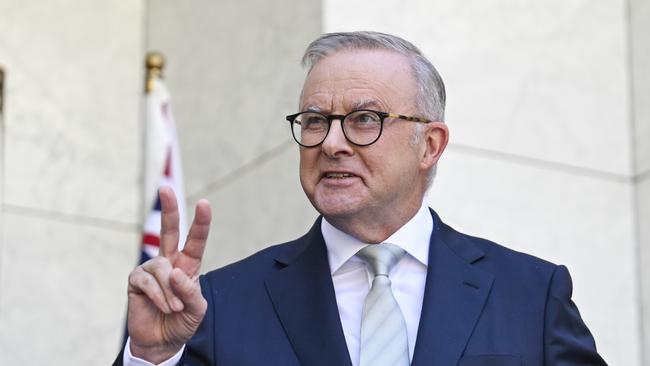
NBN Co also launched several promotions during the year, including offering 100Mbps for same the price as 50Mbps. This had the effect of moving lots of people onto 100Mbps, but when the promotion ended they reverted to 50 or 25Mbps plans.
Ms Sweeney said access to higher internet speeds benefited the national economy.
“We do not take price increases lightly at all. We take the December quarter CPI, and then we work through and publish our pricing for the next three years on the first of May each year. And so that’s really the construct that we’ve got.
“We definitely need to balance becoming a commercially sustainable business with also being able to give a broad range of pricing from low to medium to high data users.”
TPG has argued the Regional Broadband Scheme – a levy that commercial operators, and therefore their customers pay to subsidise the NBN – should be altered to include Meta and other tech titans such as Google and Netflix.
The TPG spokesman said countries, including South Korea, Europe, and India, have taken a “proactive stance” and started exploring how tech giants can contribute to funding the rollout of 5G networks and fixed broadband infrastructure.
“Maintaining taxes, like the RBS Levy, on competing networks to protect and prop up NBN’s regional network are slowing down investment and hurting competition,” the TPG spokesman said on Wednesday.
But Ms Sweeney referred questions to the Albanese government about whether big tech should help fund the NBN.
“That’s definitely a policy question for the government. There has been discussion, I think, for many years, and that’s not only a domestic but a global conversation as well. But as you know, that’s a policy conversation for government.”
Originally published as ‘Little sense’: NBN’s satellite play baffles telcos as price rises buoy earnings


